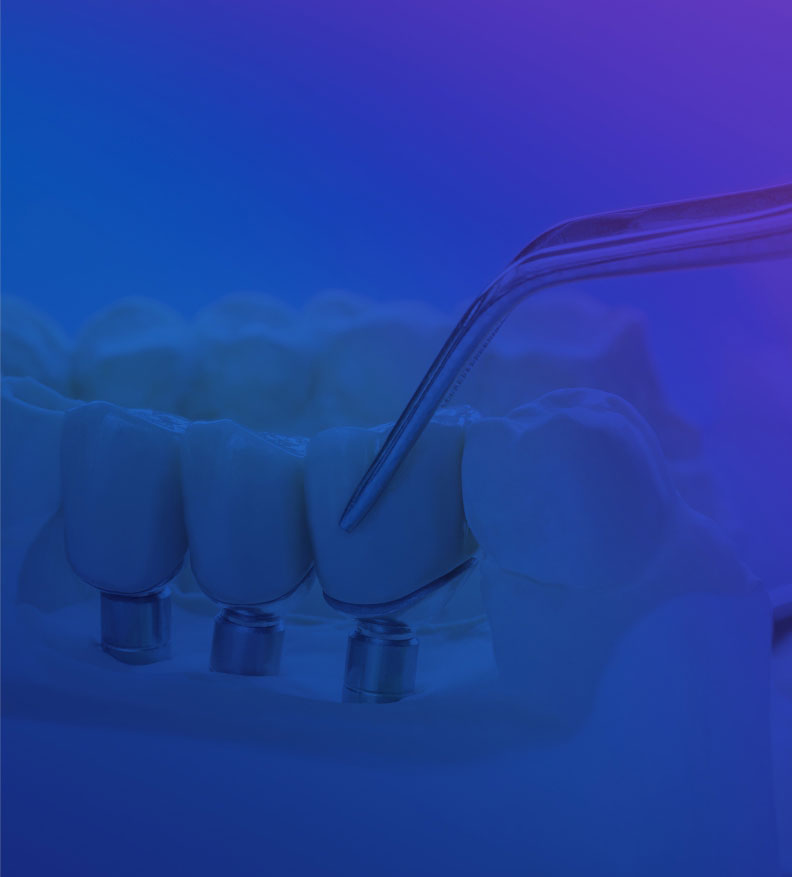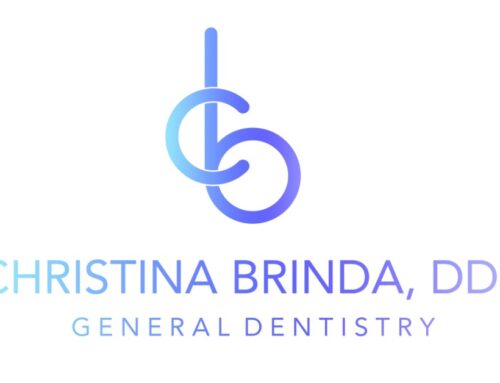Comprehensive Guide to Dental Implants: Cost, Procedure, Insurance, and More
Dental implants are sophisticated dental restorations comprising three main components: a titanium implant, an abutment, and a crown. Crafted from biocompatible titanium, the implant is surgically placed into the jawbone. The abutment acts as a connector, securing the artificial crown to the titanium implant. Designed as a long-term solution, dental implants eliminate the need for future replacements. Once fully healed, dental implants can be treated and cared for just like natural teeth. However, it’s important to note that proper maintenance is crucial to prevent potential infections or damage. If you are considering dental implants in North Canton, we invite you to visit our dental office for expert care and personalized treatment.
Receiving Dental Implants: A Long-Term Solution for Natural-Looking Tooth Replacement
Before proceeding with dental implants, a thorough dental consultation will be conducted, involving a comprehensive physical assessment and examination of your teeth. This step ensures that dental implants are the appropriate solution for your needs. Once your dentist determines that dental implants are suitable, an appointment will be scheduled for the procedure.
The dentist will make a small incision in your gum, allowing access to the jawbone for the secure placement of the titanium implant post. Following the surgery, the site will require several months to fully heal, enabling the implant to fuse with the jawbone.
After the complete healing of the implant site, a subsequent appointment will be arranged. During this visit, the implant dentist will skillfully attach the abutments and meticulously place the custom-made dental crown onto the dental implant. Before concluding the appointment, the dentist will ensure the optimal fit and alignment of your new crown, allowing for a natural and comfortable feel.
For expert care and personalized dental implant treatment in North Canton, please visit our dental office.
How Sugar Impacts Your Dental Implants: Protecting Your Investment
It is common knowledge that sugar can have detrimental effects on our teeth. When sugar remains on our teeth, it creates an environment for bacteria to thrive, leading to tooth erosion. Whether it’s from sugary beverages, sweets, or chocolate, sugar gradually erodes the protective enamel, leaving our teeth vulnerable to infections and cavities. This can result in oral pain and sensitivity. Moreover, increased sugar consumption raises the risk of tooth decay, which can potentially affect the tooth roots and underlying bone.
While dental implants provide a permanent solution, they still require proper care, particularly during the critical healing period. It’s crucial to maintain a balanced, sugar-free diet to protect your dental implants. At Christina Brinda DDS, we are dedicated to providing guidance on the optimal care for your dental implants, ensuring their longevity and your overall oral health.
Caring For Your Dental Implants: Tips for Longevity and Maintenance
Proper care and maintenance play significant roles in determining the lifespan of dental implants. Follow these essential tips to ensure the longevity of your dental implants:
- Brush and floss regularly: While dental implants themselves are not susceptible to cavities or decay, it is crucial to maintain good oral hygiene to prevent plaque and tartar buildup, which can impact the surrounding gums and jawbone. Regular brushing and flossing are essential to keep your implants clean and healthy.
- Schedule regular dental checkups: Professional dental checkups, ideally twice a year, are vital for the maintenance of your dental implants. Professional cleanings by a top rated dentist help remove stubborn plaque and tartar, and also enable early detection of any potential infections or issues with your implants or natural teeth.
- Avoid using your teeth for unintended purposes: Refrain from using your teeth for tasks such as opening bottles, packages, or biting nails. These habits can put unnecessary stress on both your dental implants and natural teeth, leading to potential damage.
- Protect your implants with a mouthguard: If you participate in contact sports or experience bruxism (teeth grinding), using a mouthguard is crucial. A mouthguard provides a protective barrier, safeguarding your dental implants from damage during physical impact or teeth-grinding episodes.

By following these care tips and seeking guidance from top dental professionals like Christina Brinda DDS, you can ensure the longevity and optimal health of your dental implants.







